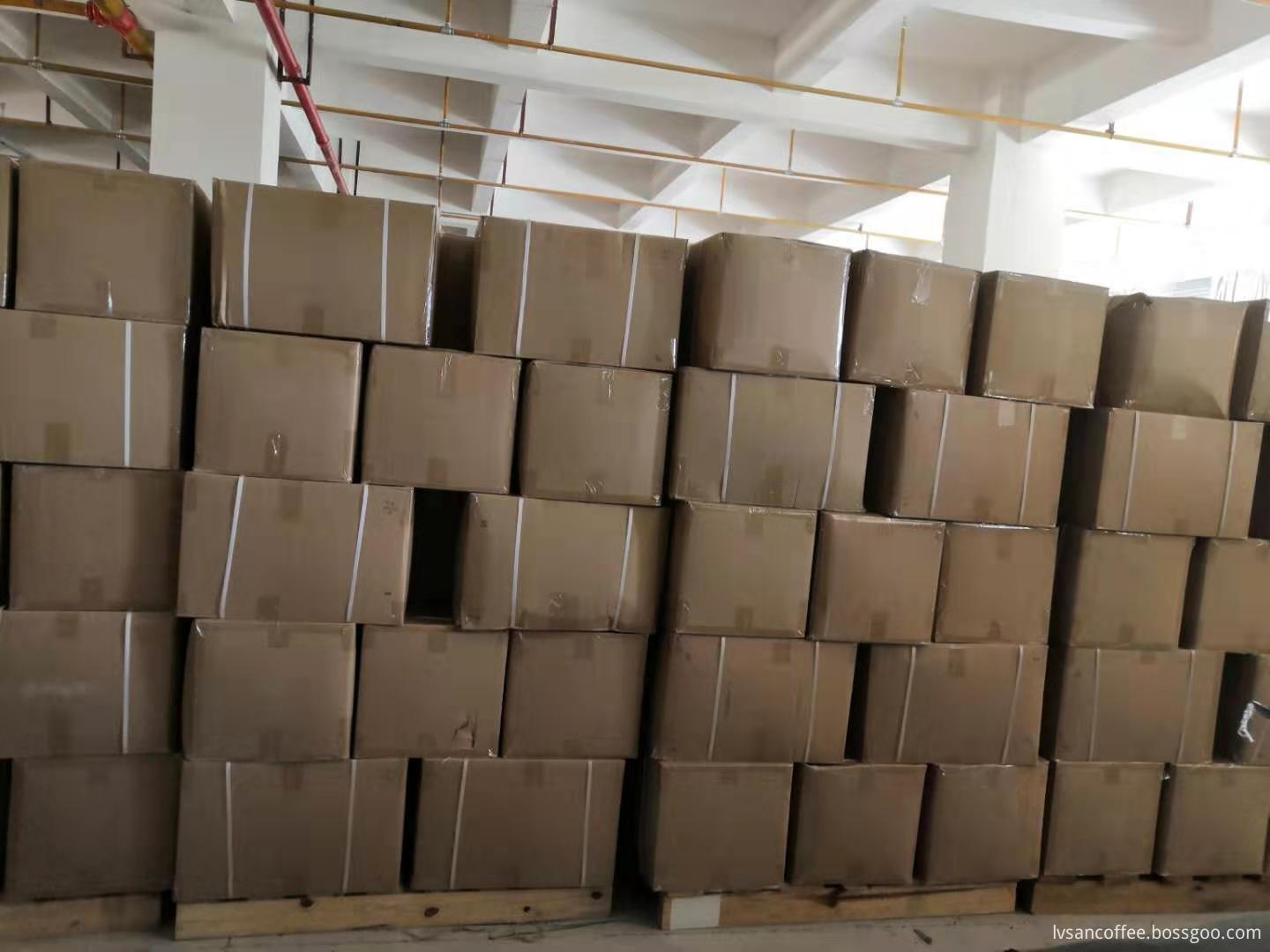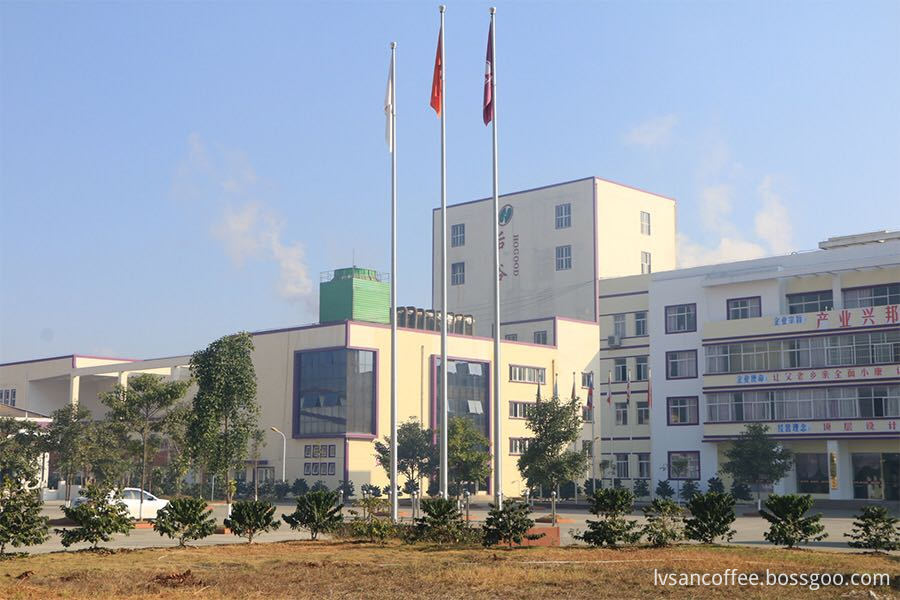In the past, long-term aquaculture practices often relied heavily on chemical fertilizers to promote plankton growth in water bodies, which supported the production of filter-feeding fish such as carp (Cyprinus carpio). This method significantly boosted yields and economic returns. However, with the advancement of science and technology, the shift towards pollution-free, eco-friendly aquaculture has become increasingly important. The continuous use of chemical fertilizers not only harms the environment but also poses serious risks to human health through the accumulation of toxic substances in fish.
First, ammonia nitrogen—commonly found in urea and other nitrogen-based fertilizers—can indicate water contamination if present in high concentrations. Scientific data suggest that total nitrogen levels in water should not exceed 1 mg/kg, while ammonia nitrogen should remain below 2 mg/kg. Exceeding these limits can lead to health issues for humans.
Second, nitrates are another concern. Long-term use of nitrogen fertilizers can result in nitrate buildup in water. While nitrate levels typically stay below 0.5 mg/kg, higher concentrations can cause a condition known as methemoglobinemia, which affects oxygen transport in the blood. Additionally, harmful nitrites and nitrite nitrogen can accumulate in aquatic organisms, potentially forming carcinogenic compounds when reacting with amines.
Third, arsenic is a dangerous heavy metal often found in phosphate rock, with an average concentration of 24 mg/kg. According to drinking water standards, arsenic levels must not exceed 0.04 mg/l. Prolonged use of superphosphate and potassium sulfate in fish ponds can lead to arsenic accumulation, which may contaminate natural water systems and eventually harm human health.
Fourth, phenolic compounds, which can be generated from excessive fertilizer use, are particularly concerning. National regulations limit volatile phenols in drinking water to 0.002 mg/l. Some phenolic substances are highly toxic, capable of denaturing proteins and causing cellular damage in humans and animals.
The overuse of chemical fertilizers has become a growing environmental and health concern. As a result, traditional fertilizer-based aquaculture is no longer encouraged. However, in pond farming, it's still necessary to cultivate water quality to support filter-feeding fish. A more sustainable approach involves using specialized cement pools to produce fermented manure and organic fertilizers. This method reduces heavy metal pollution, minimizes the toxic effects of chemical fertilizers, and helps maintain ecological balance, supporting long-term, pollution-free, and healthy aquaculture development.

100%Arabica Instant Coffee: The flavor is sweet and soft. It is a High quality raw material of black coffee.
Product features:
1. Special large package for industrial raw material sales;
2. 100% pure coffee;
3. Good instant solubility;
4. Unique aromatic oil recovery device to maintain the flavor of coffee to the greatest extent;
5. Stable raw material origin and long-term supply


Granulated Coffee,Instant Black Coffee,Best Soluble Coffee,Arabica Instant Coffee
Yunnan New Biology Culture Co,.Ltd , https://www.lvsancoffee.com